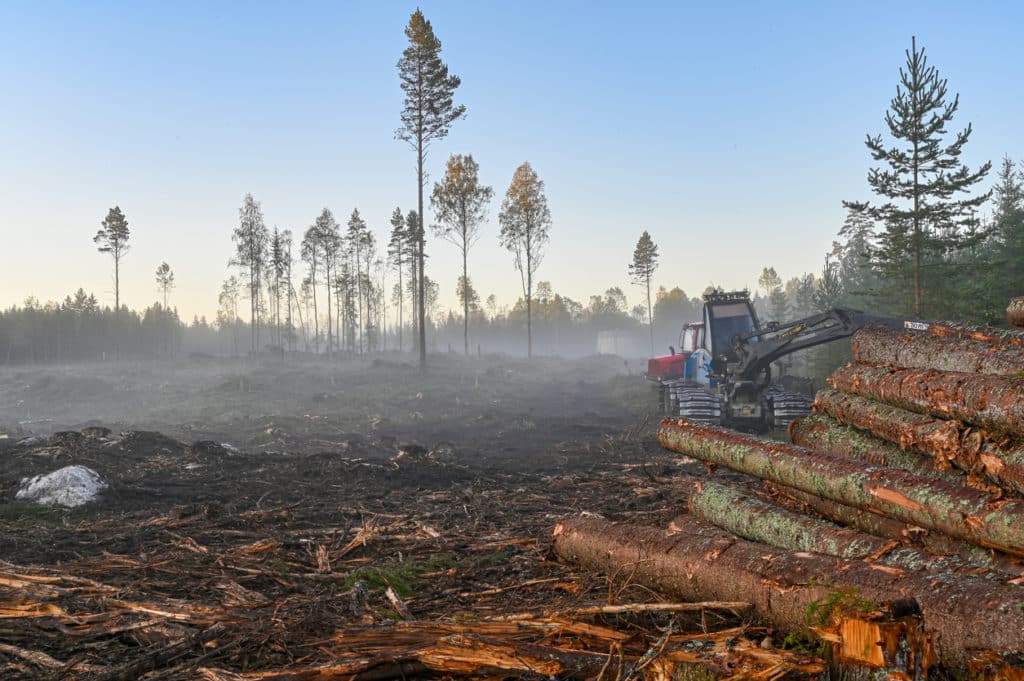The World Wildlife Fund (WWF) will hold a wildlife whistleblower webinar on September 8, as part of its Targeting Natural Resource Corruption (TNRC) program. The webinar, Whistleblower protection: An essential tool for stopping the corruption that threatens the world’s forests, fisheries and wildlife, will cover the laws that protect wildlife whistleblowers and prosecute companies that pay bribes and perpetuate fraudulent activities that exploit wildlife.
The panel will discuss how wildlife whistleblowers can report corrupt practices under U.S. law and review the most current whistleblower protection advancements. They will also explain how foreign corruption and bribery enable environmental crimes and how U.S. laws, such as the Foreign Corrupt Practices Act, are used to prosecute this corruption. Non-U.S. citizens are eligible for the same whistleblower rewards and protections as U.S. citizens in many cases. Prosecution of wildlife trafficking and corruption often relies on whistleblowers to bring forward information resulting in successful prosecutions.
The speakers are some of the most prominent figures in whistleblower advocacy and international trafficking: John Kostyack, the Executive Director of the National Whistleblower Center (NWC), Stephen M. Kohn, a leading whistleblower attorney at Kohn, Kohn and Colapinto and Chairman of the Board at the NWC. Vanda Felbab-Brown, a Senior Fellow in the Center for 21st Century Security and Intelligence in the Foreign Policy program at The Brookings Institution, and Dr. Louise Shelley, the Director of the Terrorism, Transnational Crime and Corruption Center (TraCCC). The panelists’ diverse backgrounds in anti-corruption, transnational organized crime, and whistleblower law will provide a unique perspective on modern wildlife whistleblowing and will also offer insight into the next steps for improving whistleblower protections and incentives.
According to the WWF, the central questions of the seminar will be:
- What are effective strategies for reporting corrupt practices under U.S. whistleblower laws?
- What are some of the most important innovations in whistleblower protection?
- How do we assess opportunities to advance whistleblowing, and strategies for managing risks, in a wide variety of contexts?
